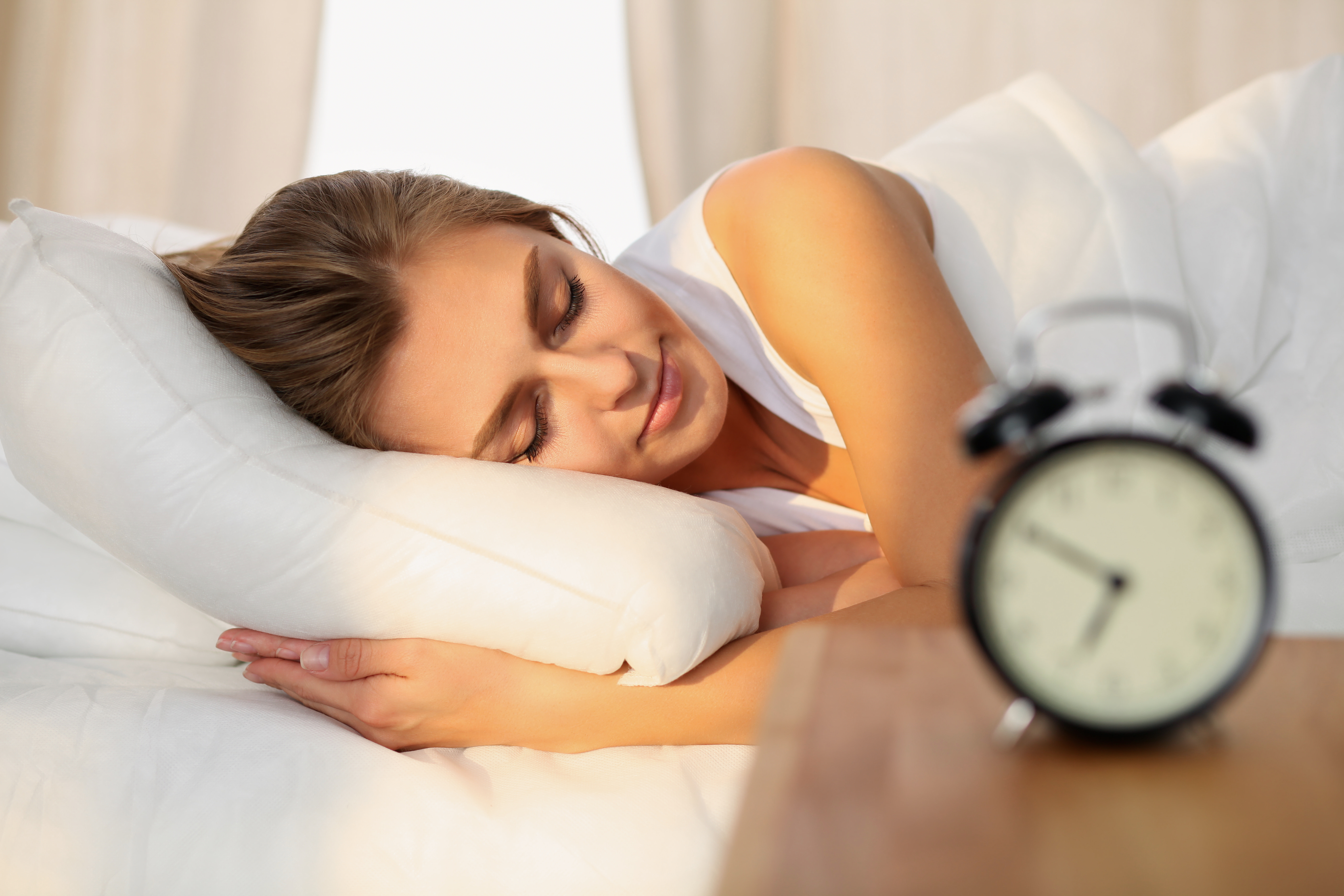Are your OSA symptoms more severe in the winter months? If so, you are not alone. More patients report severe sleep apnea symptoms in the colder months of the year. In fact the number of patients reporting their OSA symptoms as severe is 6% higher in the winter. The AHI, or measure of how disrupted your breathing is and how much it affects your oxygen levels, is often higher in the winter as well (17.8 Winter to 15 Summer). *
So, why is winter more severe for OSA patients? There are many potential factors. First, there are more colds and sinus problems in the winter. A clogged nose, fever or sore throat may worsen snoring and further disrupt your sleep. Forced air heating is also to blame. Running the furnace exposes you to dryer air and allergens such as dust mites which can trigger allergy symptoms. Colder weather also means a rise in the barometric pressure which can lead to an increase in pain. Pain negatively affects your sleep. Mix that with shorter days and less exposure to sunlight (vitamin D) and you can see why winter presents a challenge.
What should you do differently in the winter? First, if your sleep apnea symptoms are worsening see your physician. Ask if a new sleep test or alternate sleep therapy option is necessary.
Here are a few lifestyle changes that might help as well. Make time to get outside for some sunshine. If you work long hours indoors, you could go days without sun exposure in the winter. Try to work near a window or take a walk outside over lunch. Direct sunlight during the day can improve your mood and improve your sleep at night. Also, fight the urge to overheat your home. A cooler bedroom temperature between 60-70 degrees will lead to a better sleep environment. Be mindful of any cold, allergy or pain medicines taken before bedtime. These over-the-counter medicines have varying side effects that may negatively affect your sleep.
Should I try a new sleep therapy in the winter? If you have sleep apnea, be sure to follow your physicians therapy recommendations. If you have symptom or lifestyle changes it may be time to ask about new therapy options. New technology is leading to more comfortable and less cumbersome sleep therapy options for sleep apnea patients. The latest is the oral appliance which is simply worn like a mouth guard in the evenings.
Winter may be the ideal time to seek treatment for your obstructive sleep apnea but remember that sleep disorders are chronic, year round conditions that require year round treatment. If you are having difficulty sleeping this winter, please talk with your physician but don’t ignore your symptoms once the weather warms.
If you’d like to learn more about sleep testing or an oral appliance, please contact Millennium Sleep Lab or Sleep Impressions at 1-877-933-9470.
Photo credit: William Brawley via Foter.com / CC BY
* Is Sleep Apnea a Winter Disease? Meteorologic and Sleep Laboratory Evidence over 1 Decade. https://www.ncbi.nlm.nih.gov/pubmed/22700779
